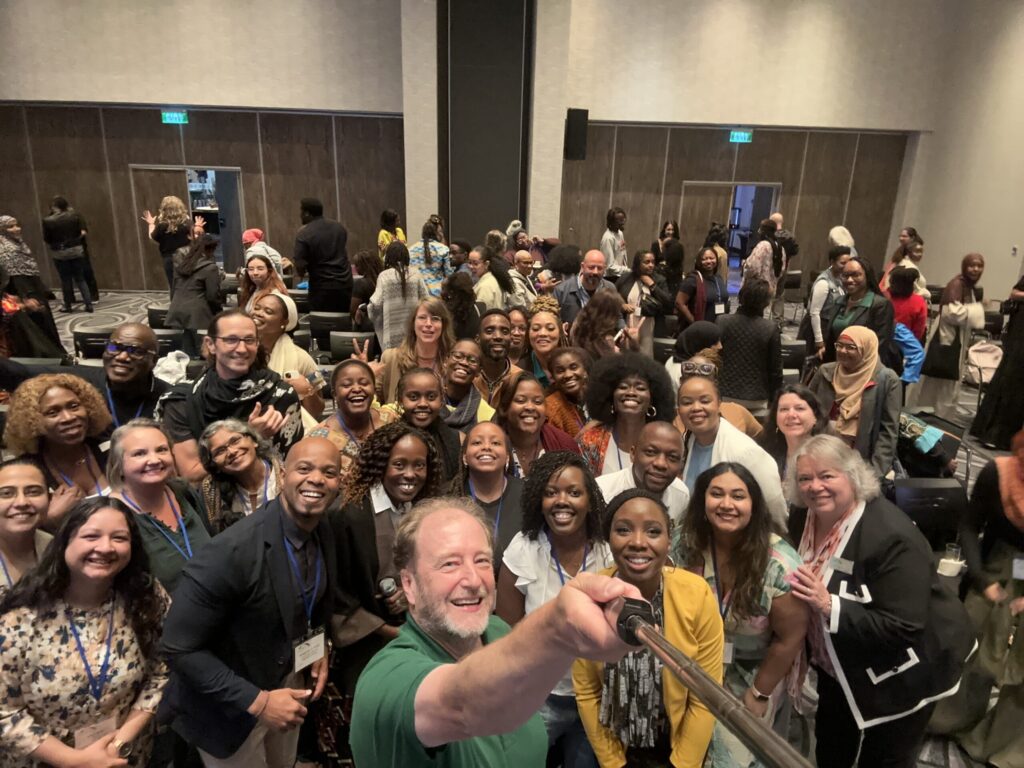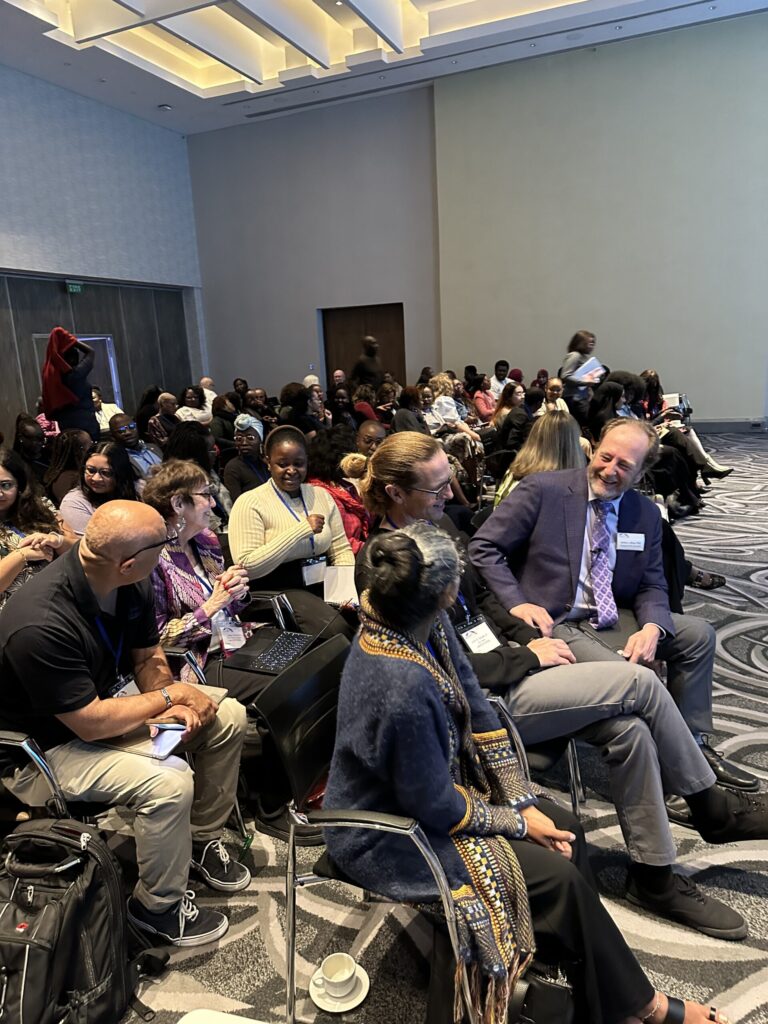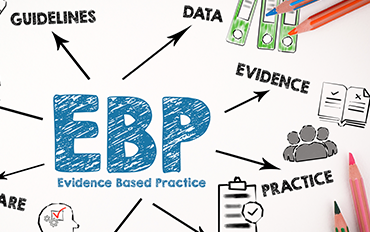 This year, AAMFT launched an exciting new initiative, the Global Systemic Therapy Summit. In early July, the inaugural summit took place in Nairobi, Kenya, and I was extremely fortunate to attend the summit. I do not say this lightly when I declare that this was the most meaningful family therapy conference I have attended in my career, and I have been to many events over the last 30 years. Highlights of the event for me included the high quality of each presentation, the enthusiasm of all in the audience with their desire to learn and improve their effectiveness as therapists, the sense of community shared among all who attended, and the high engagement of so many in the local community in the conference planning and implementation. While the event was relatively small with 150 in attendance, there were individuals present from many countries, starting with a large representation from Kenya, other African countries such as Uganda and Nigeria, and attendees from the US, Canada, and other countries.
This year, AAMFT launched an exciting new initiative, the Global Systemic Therapy Summit. In early July, the inaugural summit took place in Nairobi, Kenya, and I was extremely fortunate to attend the summit. I do not say this lightly when I declare that this was the most meaningful family therapy conference I have attended in my career, and I have been to many events over the last 30 years. Highlights of the event for me included the high quality of each presentation, the enthusiasm of all in the audience with their desire to learn and improve their effectiveness as therapists, the sense of community shared among all who attended, and the high engagement of so many in the local community in the conference planning and implementation. While the event was relatively small with 150 in attendance, there were individuals present from many countries, starting with a large representation from Kenya, other African countries such as Uganda and Nigeria, and attendees from the US, Canada, and other countries.
In reflecting on the conference, the future for systemic family therapy on the African continent has great promise. In countries such as Kenya, the work of the Systemic Family Therapy Association–Kenya (SFTA-K) along with the training of therapists at locations such as USIU-Kenya signals that our field is ready to spread around the African continent. Other countries such as South Africa, Uganda, and Zimbabwe have had high interest and engagement in trainings in Emotionally Focused Couple Therapy. Even though these exciting developments in our field on the African continent are occurring, this evolution of our field is way overdue, given the large mental health and family needs of African families and the excellent fit of systemic thought with the familial and collectivistic communities on the African continent. Systemic family therapy is also growing in many other regions of the world.
Some have criticized AAMFT’s involvement in international work saying that our mission should be US-centric alone, but I would like to challenge that thinking in this article by suggesting four important reasons for ongoing aggressive global engagement.
- The growth of systemic family therapy around the world has significant implications for our field’s growth in the USA and for the overall clout of our field. It is one thing to say that there are 81,000 therapists in the USA. It is far more powerful if we could say that there are thousands more global systemic therapists creating meaningful impact for families and communities around the world.
- The international growth of our field will inevitably lead to the growth and maturation of systemic family therapy approaches. Global expansion of the field will lead to new ways of thinking about therapy and change that will be highly useful for those in the USA. While expansion of our field always poses the risk of “MFT colonialism” by imposing the US version of systemic therapy on the world, it is my hope that the opposite will occur, and that the multicultural and multinational ways of working systemically around the world will feed back into our ways of working in the US. For too long now, we have been limited by the models developed 50-60 years ago, and many of these approaches have not evolved much since that time. Our field will only truly develop if we are continually researching and exploring what works for whom and in what conditions. More systemic interventions, globally, will no doubt improve and enhance our therapeutic understandings.
- Global connection helps us to carry forward our mission and commitment to diversity and inclusion as a key organizational goal. True diversity and inclusion involve not only meeting the needs of members located in the USA and around the world but also connecting and opening membership to all systemic therapists around the globe to share and exchange systemic resources and collaborate on systemic solutions. Recent AAMFT changes have made global membership more accessible. For example, our Professional membership category now welcomes qualified individuals from any country as full members. Previously, many were excluded due to US-specific educational requirements. Today, systemic therapists from around the world can join AAMFT as members and, if they choose, pursue the Clinical Fellow designation by meeting the highest professional qualifications within the context of their own country’s standards. Importantly, not meeting those criteria at the outset no longer prevents membership or participation in our global community. In addition, our new global fee structure—launching soon—will base membership rates on country of residence rather than assuming all members can pay US prices. This model ensures fair access and affordability, allowing systemic therapists worldwide to become part of AAMFT at rates aligned with regional economies.
- All systemic family therapists should be concerned with the challenges presented by global mental health. For example, according to a recent World Health Organization report, nearly a billion people around the world live with a diagnosable mental health disorder.1 The WHO report calls for urgent action to address the mental health crisis around the world, urging the mental health community to:
…reshape the physical, social and economic characteristics of environments– in homes, schools, workplaces and the wider community—to better protect mental health and prevent mental health conditions. These environments need to give everyone an equal opportunity to thrive and reach the highest attainable level of mental health and well-being. [In addition] we must strengthen mental health care so that the full spectrum of mental health needs is met (WHO, 2022, p. 22).
Systemic family therapists are well-equipped to meet these mental health needs. We are skilled in interventions that reshape homes, schools, workplaces, and communities. Our body of research evidence is conclusive and compelling. What we do works and is effective in treating a wide range of mental health and family difficulties. A failure on our part to engage globally will leave the solutions to global mental health challenges in the hands of those who get there first. For example, if psychiatrists get there first, we know that these mental health conditions will primarily be treated with medications. I don’t know about you, but I would much prefer that global mental health concerns, and there are many, are addressed by contextually sensitive systemic interventions, delivered by well-trained, effective systemic family therapists.
The alternative to global involvement would be just to focus on ourselves and our own context. While we certainly have a long list of needs and challenges, there is no reason we cannot do both and do both well. I am certain that this will, in the long run, benefit both those in the USA and around the world and will lead to our expansion as a field.
Thank you for reading this article and for all that you are doing for the field. I want to keep my challenge at the forefront, which I put out in my last article, for each therapist to donate the proceeds from one therapy hour to the advancement of our field. Here is a link to donate: to either the Practice Protection Fund or to Portability efforts— https://givebutter.com/theAAMFT These resources go directly towards helping our efforts to expand our work, both in the US and internationally.
Reference
World Health Organization. (2022). World mental health report: Transforming mental health for all. https://www.who.int/publications/i/item/9789240049338




